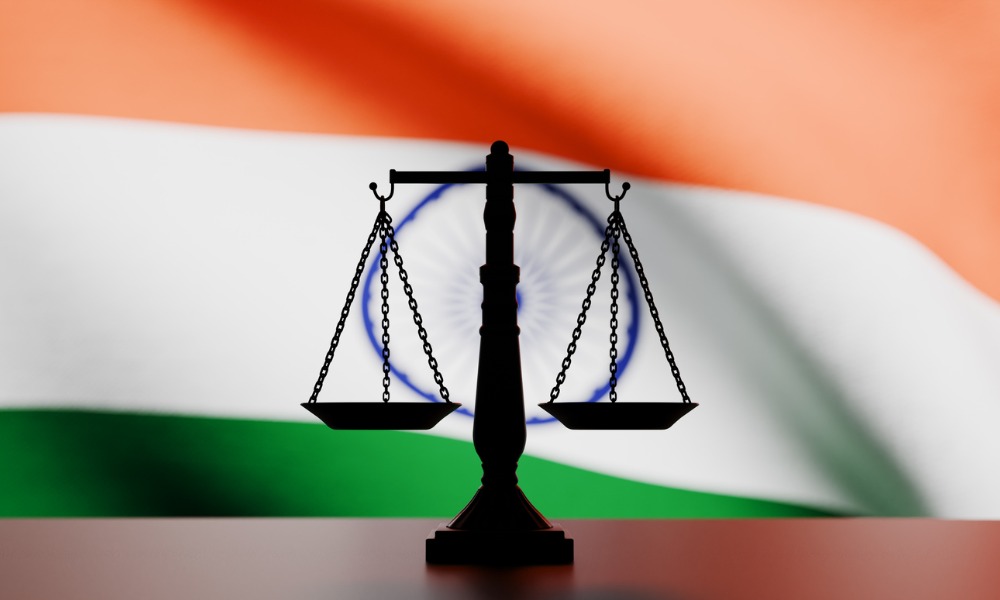
Respondent would not face a legal disadvantage in India due to the divorce's severance

The Ontario Superior Court of Justice has allowed divorce to proceed independently from other issues despite the respondent's concerns about its impact on her ongoing legal case in India.
In Bajaj v. Bajaj, 2024 ONSC 5358, the applicant sought to expedite the divorce while leaving other matters, including child and spousal support, to be settled later. The respondent opposed the severance, arguing it could impact a separate legal action she initiated in India.
The parties were married in New Delhi, India, in 2000 and have lived in Canada since 2003. They separated in 2020 and have two children, aged 18 and 13, who primarily reside with the respondent. Temporary orders mandate that the applicant pay $6,574 monthly for child support and $8,351 for spousal support.
Despite the respondent’s initial request for divorce in her court filings, she contested the applicant’s motion to sever it, asserting that an immediate divorce could undermine her ongoing legal case in India. Filed in December 2023, her case in India sought damages and protective orders under the Protection of Women from Domestic Violence Act for alleged domestic abuse occurring before the couple’s relocation to Canada. She requested orders in India to restrict the applicant’s actions in New Delhi and for compensation related to the alleged abuse.
The respondent’s legal representative in India claimed the severance might compromise her rights under Indian law. However, the court considered the expert testimony of an advocate with the Supreme Court of India, who argued that the respondent’s case in India would not be affected by the divorce because Indian law permits actions under the Domestic Violence Act even after divorce. The court found the expert’s interpretation persuasive.
The Superior Court concluded that the respondent would not face a legal disadvantage in India as a result of the severance. Additionally, the court found no evidence to support the respondent’s claims that the applicant had disregarded court orders or would use the divorce to delay other proceedings. As both parties had requested a divorce, and given the extended separation, the judge noted that a divorce was inevitable, regardless of the outcome in the India case.
Ultimately, the court ruled that the divorce should be granted immediately, allowing the parties to finalize their divorce independent of the other unresolved issues.